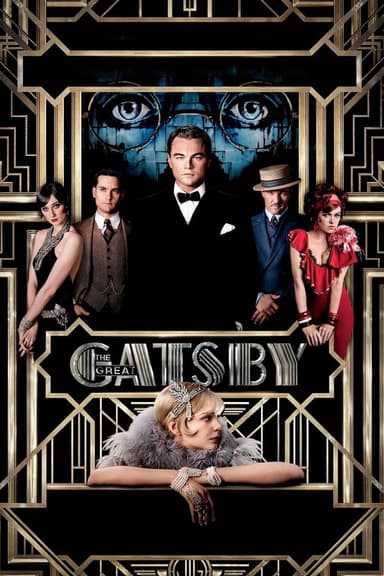
Great Expectations
1998 • Comedy, Drama, Romance • R
Loosely based on the Charles Dickens' classic novel, "Great Expectations" is a sensual tale of a young man's unforgettable passage into manhood, and the three individuals who will undeniably change his life forever. Through the surprising interactions of these vivid characters, "Great Expectations" takes a unique and contemporary look at life's great coincidences.
Runtime: 1h 51m
Why you should read the novel
Reading Charles Dickens’ Great Expectations immerses readers in vivid characters, rich settings, and intricate social commentary that no film can fully capture. The novel unfolds majestically, allowing time to absorb Pip’s emotional growth, subtle ironies, and evocative prose at the reader’s own pace. Dickens’ work also offers nuanced context, symbolism, and historical insight that lend deeper resonance and satisfaction to the story’s progression.
Adaptation differences
The 1998 film adaptation modernizes the setting, shifting from Victorian England to late-20th-century Florida and New York. This change moves away from the original’s industrial London atmosphere, altering the cultural and societal pressures central to Dickens’ narrative.
Character names and backgrounds are updated; Pip becomes Finn, and other key figures such as Miss Havisham and Estella are renamed and reimagined. These changes reshape their motivations and relationships, creating reinterpretations that differ markedly from the source material.
Major plot points are streamlined or omitted to suit cinematic pacing and contemporary audience expectations. For example, Dickens’ complex subplots and secondary characters, like Joe Gargery’s depth or the role of Orlick, are minimized or excluded altogether.
Themes in the film shift toward romantic obsession and artistic ambition, while many of Dickens’s broader critiques on class, justice, and moral development receive less emphasis. As a result, the story’s original exploration of social mobility and personal redemption is transformed, reflecting modern sensibilities rather than Victorian values.
Great Expectations inspired from
Great Expectations
by Charles Dickens




















